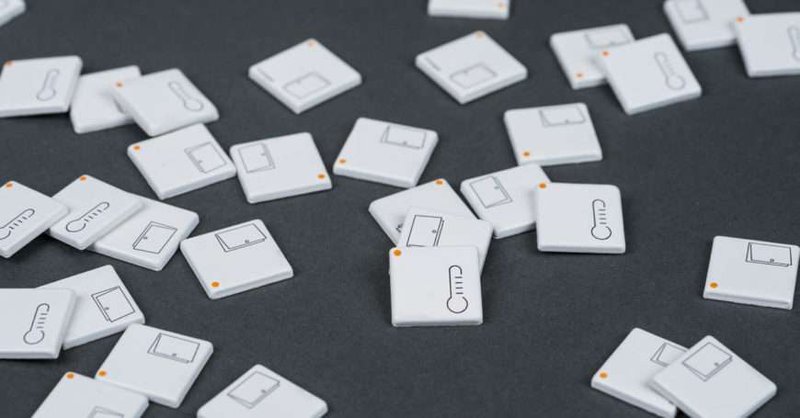In 2019, sensor-based technology continues to be all the rage. And for a good reason — companies now have the ability to automate operational decision-making and cut out manual inspection. Sensors can be used to keep tabs on room temperature, air quality, and hygiene among other things.
We have recently had the pleasure to collaborate with Infogrid, a startup that offers turnkey IoT solutions designed to seamlessly retrofit to any infrastructure. Here is what we learned in the process and why we urge companies to look further into connected hardware solutions.
Sensors are small, but mighty devices that are making a huge impact on our lives by turning streams of data into transformative decisions in medicine, construction and a number of other impactful industries.
While sensor technology has been around for quite a while, the use of sensors is beginning to grow rampantly only now, as the costs are going down and our homes and businesses embrace advanced technology. Companies can now gather, analyse, and better understand vast amounts of data without investing heaps of effort and capital. Sensors can monitor anything measurable, like vibration, temperature, pressure, and voltage.
Internet of Things (IoT) applications use sensors to collect data for transmission over the Internet to a cloud-based hub. The analytics software running on the cloud transforms data into actionable information for users. The key to successful implementation is to ensure that you are getting value from the information you are collecting.
How sensor technology is improving industries
A quick rise and drop in air temperature can have devastating effects on stock, may that be produce, medicine or other temperature-sensitive product. Today, many companies still manually monitor the temperature in stockrooms, a process that can now be entirely automated using sensor technology that automatically notifies an on-duty staff member.
In healthcare, hospitals utilise new technologies to ensure patient safety and comfort at all times. Pressure, force, and temperature sensors monitor critical parameters of a patient’s well-being. Outside hospitals, sensors are put into use in home care, where they can help the elderly to maintain an independent lifestyle for longer.
Smart factories in metal, wood and chemical industries, among others, use sensors to ensure that the levels of noise and air quality are within required limits. Weight-bearing sensors can be used to track workers to ensure awareness of job-site hazards and risks of injury. Sensors installed on machinery help reduce costs by tracking maintenance intervals and predicting upcoming repairs, hence avoiding delays in the project timeline. Sensors can also track fuel spending and material usage throughout the supply chain, allowing construction companies to monitor and predict expenses in real-time. By doing so, sensors help create a more efficient supply chain, improve the ability to adhere to the timelines of projects, and foster better communication with clients. With the price of sensors at an all-time low, efficiency-enhancing data is available in seconds via a cloud platform.
Thorgate is keen to work with both startups and corporations of all sizes looking to further enhance the data usage of currently available sensor technology.
Infogrid — the perfect challenge
Infogrid utilises sensor technology to offer low-cost solutions to a number of industries from healthcare and property management to recreation and food services. The idea behind Infogrid is a simple, yet sophisticated service that offers fast and responsive features that can be seamlessly scaled when needed to.
Infogrid is the perfect challenge for Thorgate’s SPA technology. SPA technology enables building rich and interactive user interfaces that display real-time data. Thorgate has many years of experience with Django, a Python-based free and open-source framework great for complex database-driven technology solutions. Paired with React, we are capable of creating user-friendly front-end solutions from complex data.



